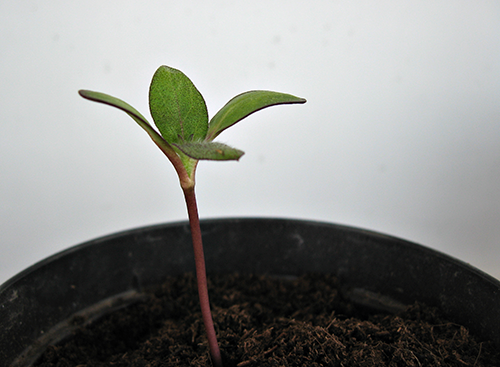In our line of work it is common to hear people rave about the importance of informal seed systems for ensuring that farmers have access to the agricultural biodiversity they need and want — in developing countries. Not so common elsewhere. Now, from the Ethicurean, comes news of a project to build a Backyard Seed Vault, which sounds very like an informal seed system in San Francisco, California. The project’s instigator, who is co-executive director of a group called Agrariana (and check out their origins and mission statement), has this to say:
We’re looking for approximately 100 San Francisco Bay Area gardeners for the inaugural season who would like to work as a community to save heirloom vegetable seed. … Agrariana will lead hands-on workshops in participants’ gardens on properly saving seed. The Backyard Seed Vault is working in conjunction with the Bay Area Seed Interchange Library (BASIL), a project of the Ecology Center, for their immense knowledge on properly saving, labeling, cataloging, and storing seeds. Seeds not redistributed to participants will be donated to BASIL, providing an opportunity for any community member to “check out” seed to grow in their gardens. Gardeners of all skill levels are welcome to participate.
Sounds like a lot of fun. And there are actually lots of similar seed exchanges all over Europe, North America, Australia etc etc. Will they, I wonder, ever attract the attention of people who study the value of informal seed networks elsewhere?

